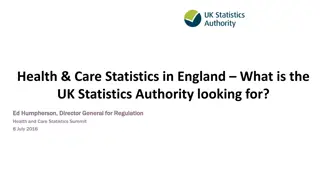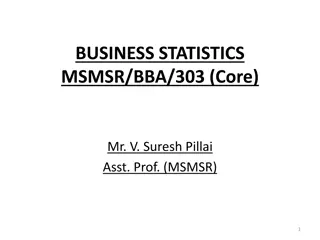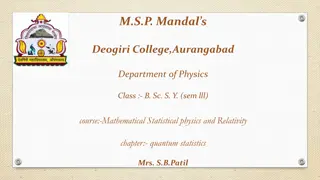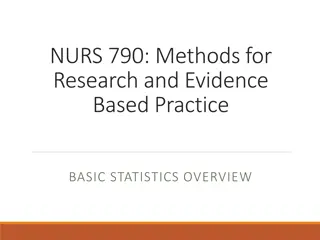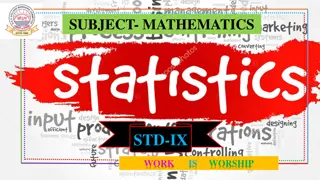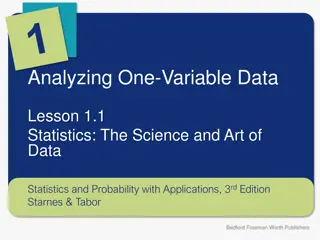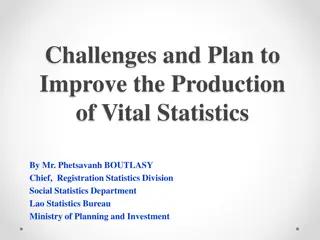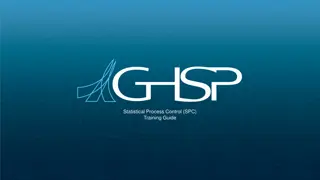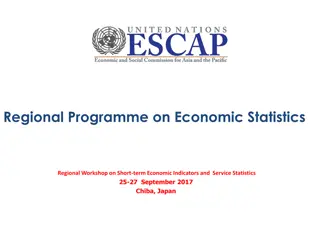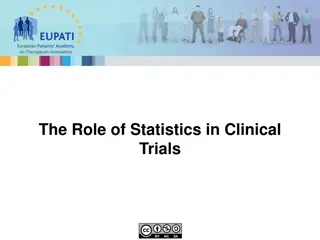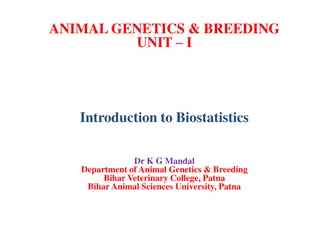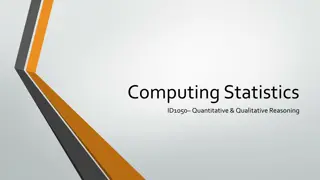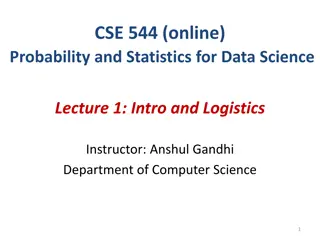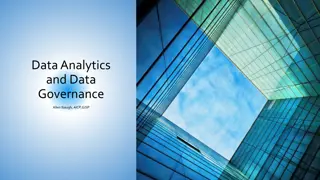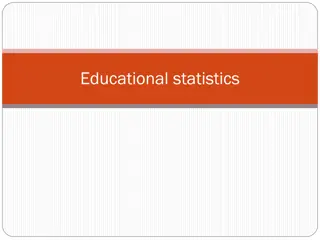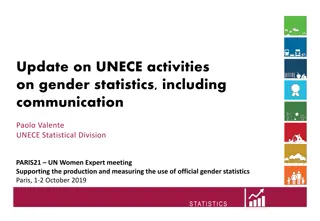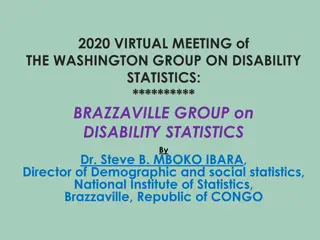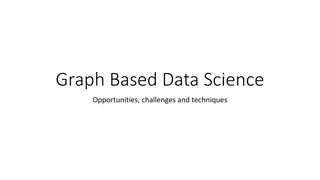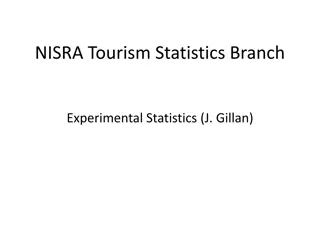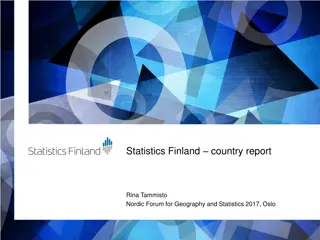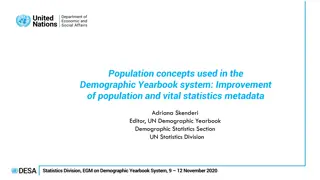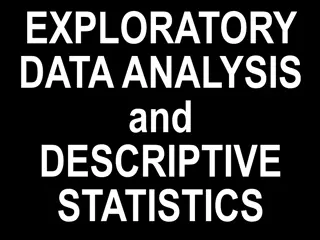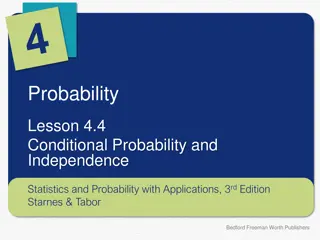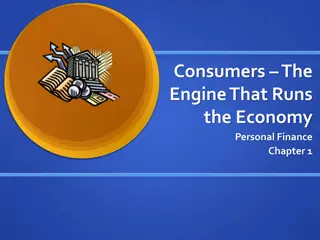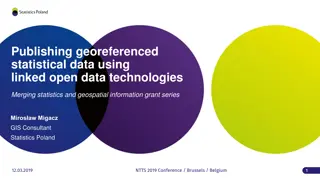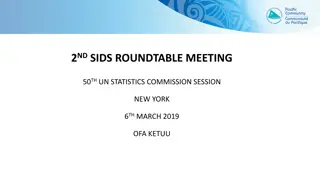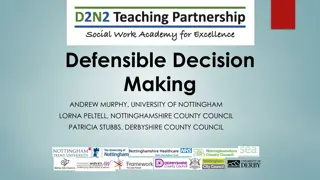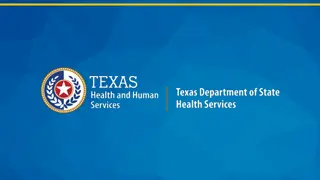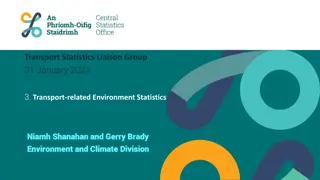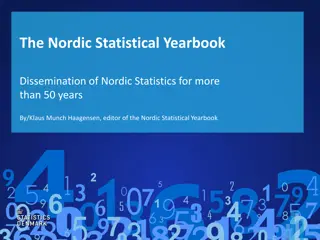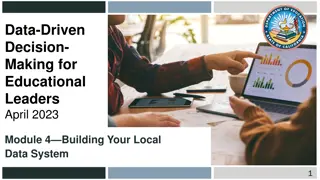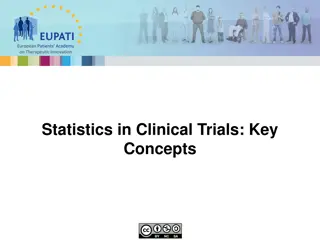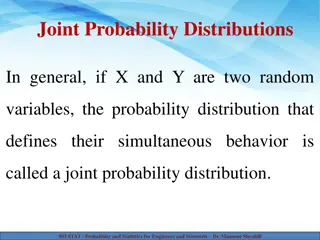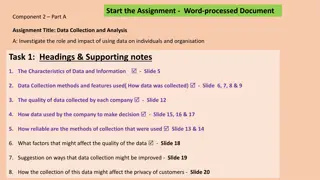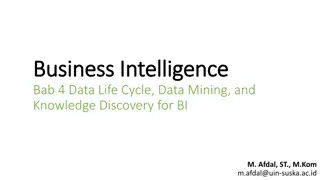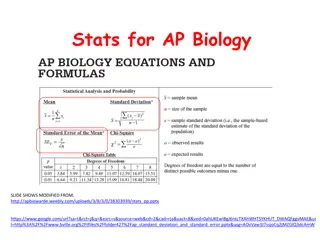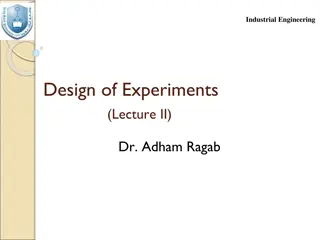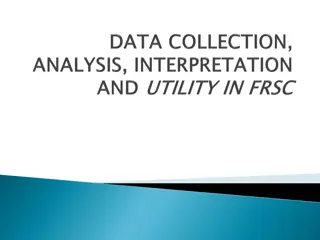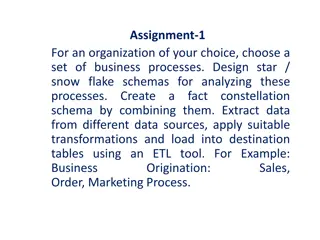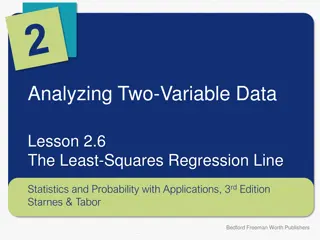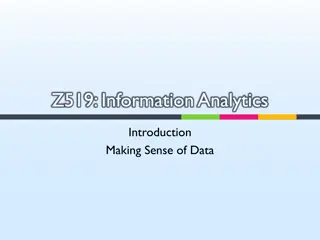Understanding Statistics: Exploring Data and Making Informed Decisions
Dive into the world of statistics to learn how to interpret and use data to understand local issues. Develop skills in estimation, problem-solving, and critical thinking while exploring the impact of diverse perspectives on statistical analysis. Connect mathematical concepts to real-world scenarios and social justice issues to form compelling arguments and informed opinions.
Download Presentation

Please find below an Image/Link to download the presentation.
The content on the website is provided AS IS for your information and personal use only. It may not be sold, licensed, or shared on other websites without obtaining consent from the author. Download presentation by click this link. If you encounter any issues during the download, it is possible that the publisher has removed the file from their server.
E N D
Presentation Transcript
Course/Subject/Grade(s): Planning Team: Unit Guiding Question: What are statistics? How do I understand statistics? How do I use statistics to understand and respond to a local issue? Goals Access (NN) All Most Few Challenge I know where there are statistics in my life or statistics that describe my life/ community I know mean, median, mode & range and how they are connected I know what statistics are and why they are useful I know that statistics tell a story I know what these terms represent and communicate - Measures of central tendency - Standard deviation I know I know what these terms represent and communicate - Confidence interval - Z-scores - distributions I know how the terms in statistics are connected and influence each other I know statistics vocabulary and what these terms mean I can estimate reasonably I can estimate I can estimate rational numbers I can use a variety of operations I can defend an estimation I can determine a reasonable estimate I can use a strategy to help me estimate reasonably (benchmark) I can be a ware of and use multiple strategies to help me estimate reasonably I can choose a strategy that works for me I can choose a strategy that is most strategic and efficient I can mentally use a variety of strategies and operations to create a reasonable estimate I can identify the problem I can come up with possible solutions to a problem I can identify and solve a problem connected to my local community I can identify the math concept we are working with I can identify the problem I can use a strategy to solve a problem I can use math tools I can find a possible solution and describe my process I can use a variety of strategies to solve a problem I know which math tools to use I can adjust my strategies and math tools if my solution doesn t make sense I can choose the most efficient strategy and math tools to solve a problem I can justify my solution Curricular Competencies I can find/identifying statistics in my life I can notice and understand what statistics are telling me in my daily life I can describe how perspectives (diverse /indigenous) can change how statistics are presented I can wonder about statistics I can describe what is the story (perspective) that specific statistics are presenting I can pose inquiry questions into statistics I can consider and describe other perspectives (diverse /indigenous) and possible stories are presenting I can use statistics to inform and shape mine/others opinions I can explain my mathematical argument I can explain my thinking in many ways (oral, written, visually) I can integrate technology I can identify that data can be interpreted to form different opinion/ stories I can explain my mathematical argument by integrating oral, visual and written ways I can recognize bias/others I can question data by understanding the intent/perspectives behind why statistics are presented I can consider an audience when explaining my mathematical argument I can anticipate consequences and responses in my explanation I can connect math concepts to each other, myself and the world I can connect mathematical concepts to help us better understand ourselves and our daily life I can connect mathematical concepts to the world around us (news, traditional practices, media) I can connect mathematical concepts to other curricular areas/concepts I can connect mathematical concepts to concepts in social justice Using mathematical concepts to form an argument in support of an issue or an opinion
Goal: Goal: Estimate reasonably Estimate reasonably and demonstrate fluent, fluent, flexible flexible, and , and strategic thinking strategic thinking about number Elaborations Baked Potato be able to defend the reasonableness of an estimated value or a solution to a problem or equation using known facts (background knowledge) and benchmarks, partitioning, applying whole number strategies to rational numbers and algebraic expressions (Making sense) Know how and choosing from different ways to think of a number or operation (e.g., Which will be the most strategic or efficient?) is this the best option Access I can estimate I can estimate rational numbers I can use a variety of operations All I can defend an estimation I can determine a reasonable estimate I can use a strategy to help me estimate reasonably (benchmark) Most I can be a ware of and use multiple strategies to help me estimate reasonably I can choose a strategy that works for me Few I can choose a strategy that is most strategic and efficient Ext. I can mentally use a variety of strategies and operations to create a reasonable estimate
Apply flexible flexibleand problems problems and strategic approaches strategic approaches to solve solve Elaborations Baked Potato All I can identify the problem I can use a strategy to solve a problem I can use math tools I can find a possible solution and describe my process Most I can use a variety of strategies to solve a problem I know which math tools to use I can adjust my strategies and math tools if my solution doesn t make sense Few I can choose the most efficient strategy and math tools to solve a problem I can justify my solution
Engage in problem-solving experiences connected practices, and perspectives relevant to local First Peoples communities, the local community, and other cultures connected with place, story, cultural Elaborations Baked Potato Connected through daily activities, local and traditional practices, popular media and news events, cross-curricular integration Access - I can find/identifying statistics in my life Connected by posing and solving problems or asking questions about place, stories, and cultural practices All I can notice and understand what statistics are telling me in my daily life I can describe how perspectives (diverse /indigenous) can change how statistics are presented Most I can wonder about statistics I can describe what is the story (perspective) that specific statistics are presenting Few
Curricular Competency Goal (C & R) Curricular Competency Goal (C & R) Explain Explain and justify justify mathematical ideas and decisions in many ways Elaborations Baked Potato Explain and justify: use mathematical arguments to convince includes anticipating consequences decisions: Have students explore which of two scenarios they would choose and then defend their choice. many ways: including oral, written, visual, use of technology communicating effectively according to what is being communicated and to whom All I can explain my mathematical argument I can explain my thinking in many ways (oral, written, visually) I can integrate technology I can identify that data can be interpreted to form different opinion/ stories Most I can explain my mathematical argument by integrating oral, visual and written ways I can recognize bias/others I can question data by
Connect Connect mathematical concepts with each other, other areas, and personal interests Elaborations Baked Potato Connect math concepts to develop a sense of how mathematics helps us understand ourselves and the world around us (e.g., daily activities, local and traditional practices, popular media and news events, social justice, cross-curricular integration) All I can connect mathematical concepts to help us better understand ourselves and our daily life Most I can connect mathematical concepts to the world around us (news, traditional practices, media) I can connect mathematical concepts to other curricular areas/concepts Few I can connect mathematical concepts to concepts in social justice


